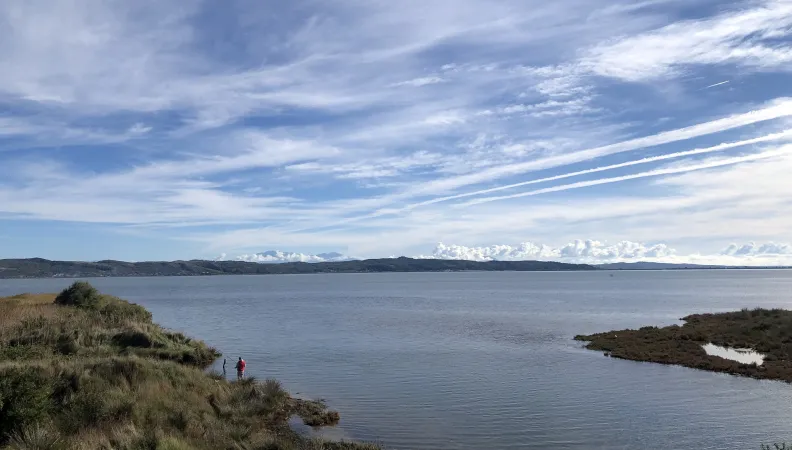Share the page
Towards resilient nature and engaged communities in the Balkans (PONT CONNECT)
Project
Published on


-
Project start date
-
Status
In progress
-
Estimated date of project termination
-
-
Project financing date
-
-
Financing duration
-
5 years
-
Type of program
-
FFEM
-
Global financing amount
-
€ 4.8 million
-
FFEM financing amount
-
€ 2 million
-
Country and region
-
Albania, Macedonia
-
Location
-
Balkans
-
Type of financing
By connecting transboundary habitats, PONT Connect protects biodiversity in the Balkans through an innovative approach that safeguards ecological corridors, supports local communities, and promotes sustainable management for a resilient future.
Context
The mountainous border region between Albania, Greece and North Macedonia is one of Europe’s richest biodiversity hotspots. However, protected areas are becoming increasingly isolated, with habitats and species facing pressures from infrastructure development, urbanisation, tourism, and climate change.
To address these threats, the Prespa Ohrid Nature Trust (PONT) has been supporting protected areas and fostering transboundary cooperation in the region for several years.
Description
- Identify and map key ecological corridors by assessing biodiversity, threats, socio-economic potential, land tenure, and climate-related risks.
- Develop a participatory strategy that combines biodiversity conservation, climate adaptation, and sustainable economic activities (e.g., eco-tourism).
- Support local NGOs to implement conservation actions within priority corridors, and foster regular knowledge sharing through annual forums and government engagement events.
- Ensure long-term sustainability through a targeted action plan, strategic communication, and a ten-year monitoring framework.
Outcomes
- Sustainable natural resource management
Promote community co-management approaches that align ecological and economic goals. - Improved ecosystem services
Enhance services such as clean water provision, pollination, and carbon sequestration. - Greater biodiversity resilience
Establish and maintain ecological corridors to facilitate species movement and reduce extinction risks.
Innovative and exemplary features
The project adopts an unprecedented methodology in the region by identifying priority corridors based on the ecological needs of six key terrestrial and aquatic species.
This integrated and multidisciplinary approach promotes collaborative governance tailored to local environmental contexts and ecological realities.


